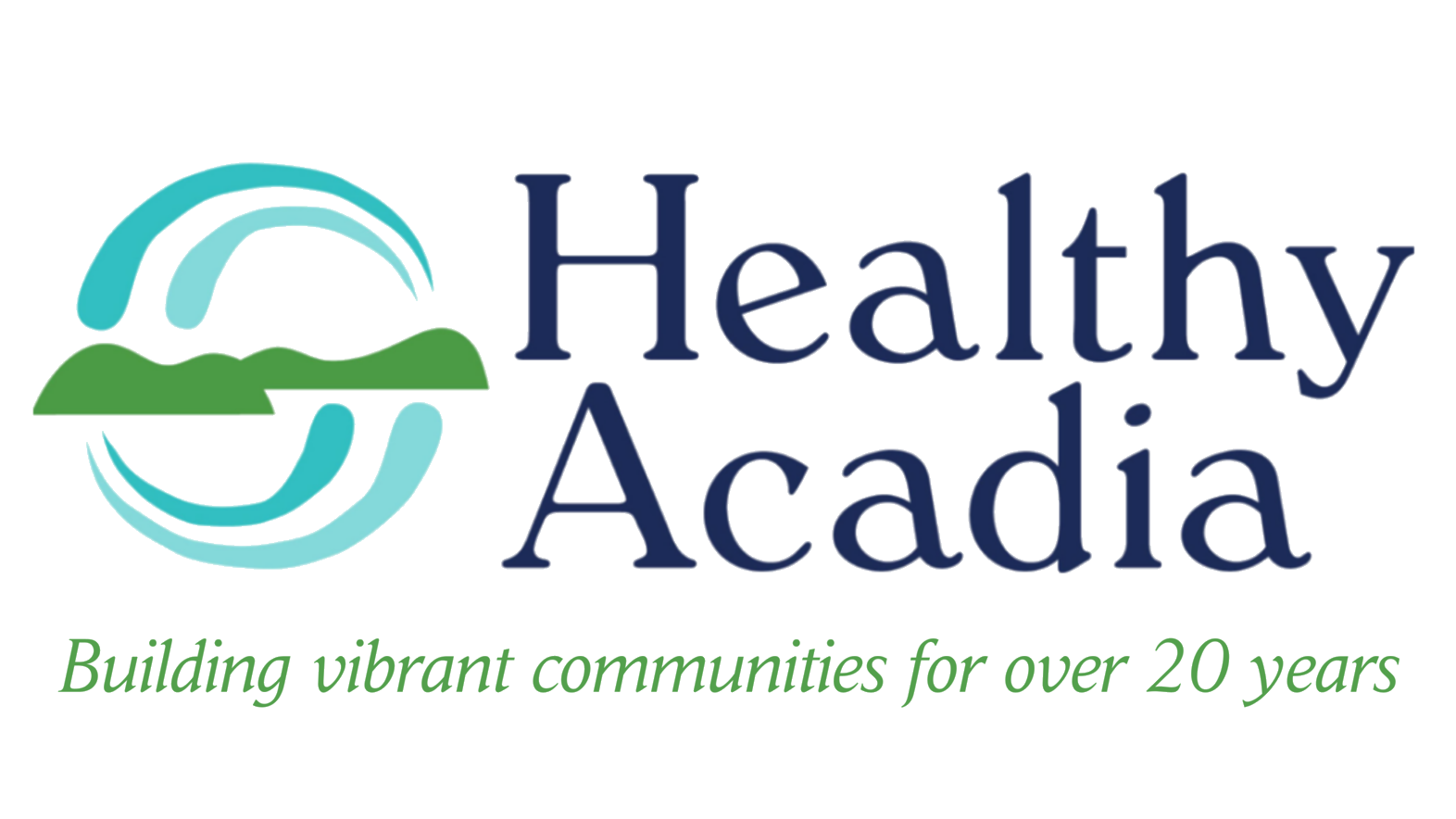Our Incredible Kidneys
Adapted from article contributed by Audra Stewart-Gordon, Community Health and Communications Coordinator
March is World Kidney Month.
The kidneys are complex and amazing organs that perform many essential tasks to keep us healthy.
The main job of our kidneys is to remove toxins and excess water from our blood. Kidneys also help to control blood pressure, produce red blood cells, and keep bones healthy. Each roughly the size of a fist, our pair of kidneys are located deep in the abdomen, beneath the rib cage.
The many functions of kidneys
The kidneys control blood stream levels of many essential minerals and molecules, including sodium and potassium, and also help to control blood acidity. Every day, our kidneys diligently produce urine by filtering waste and excess fluid from the bloodstream. They play a crucial role in maintaining the body's chemical balance, regulating blood pressure, and ensuring healthy bones. The kidneys also aid in the production of red blood cells, contributing to overall bodily function and well-being.
How can we help keep our kidneys healthy?
Stay fit: Regular exercise promotes kidney health by enhancing blood flow and reducing the risk of chronic diseases. Regular exercise can help you to maintain a healthy body weight, reduce your blood pressure, and help reduce the risk of chronic kidney disease. Walking, running, cycling, or even a game of pickleball can help maintain a healthy body weight.
Eat a healthy diet: Consume a balanced diet rich in fruits, vegetables, and whole grains while minimizing sodium, saturated fats, and processed foods. This can help you maintain a healthy body weight, reduce your blood pressure, and prevent diabetes, heart disease, and other conditions that are associated with chronic kidney disease.
Watch your salt intake! The recommended sodium intake is 5-6 grams of salt per day. This includes the salt already in your foods (around a teaspoon). To reduce your salt intake, consider limiting the amount of processed and restaurant food, and do not add salt to your meals.
Check and control your blood sugar: Manage blood sugar levels through diet, exercise, and medication to prevent diabetic nephropathy and kidney failure.
About half of people who have diabetes do not know they have diabetes. Therefore, you need to check your blood sugar level as part of your general checkup with your physician. This is especially important for those who are approaching middle age or older.
About half of people with diabetes develop kidney damage, but this can be prevented/limited if the diabetes is well controlled. Also, have your kidney function checked regularly with blood and urine screening.
Monitor blood pressure: Regular check-ups and lifestyle adjustments like reducing salt intake help maintain healthy blood pressure levels and prevent kidney damage.
Hydrate: Stay adequately hydrated to support kidney function and facilitate the elimination of waste products from the body.
Avoid smoking: Smoking increases the risk of kidney disease and worsens existing conditions, so it's crucial to avoid tobacco products.
Limit over-the-counter painkillers: Minimize the use of NSAIDs and other over-the-counter pain medications to prevent kidney damage and complications.
Check kidney function regularly: Individuals with high-risk factors for kidney disease should undergo regular kidney function tests to detect abnormalities early and intervene promptly.
Talk with your healthcare provider about how you can best keep your kidneys healthy! Learn more at https://www.worldkidneyday.org/about-kidney-health/
